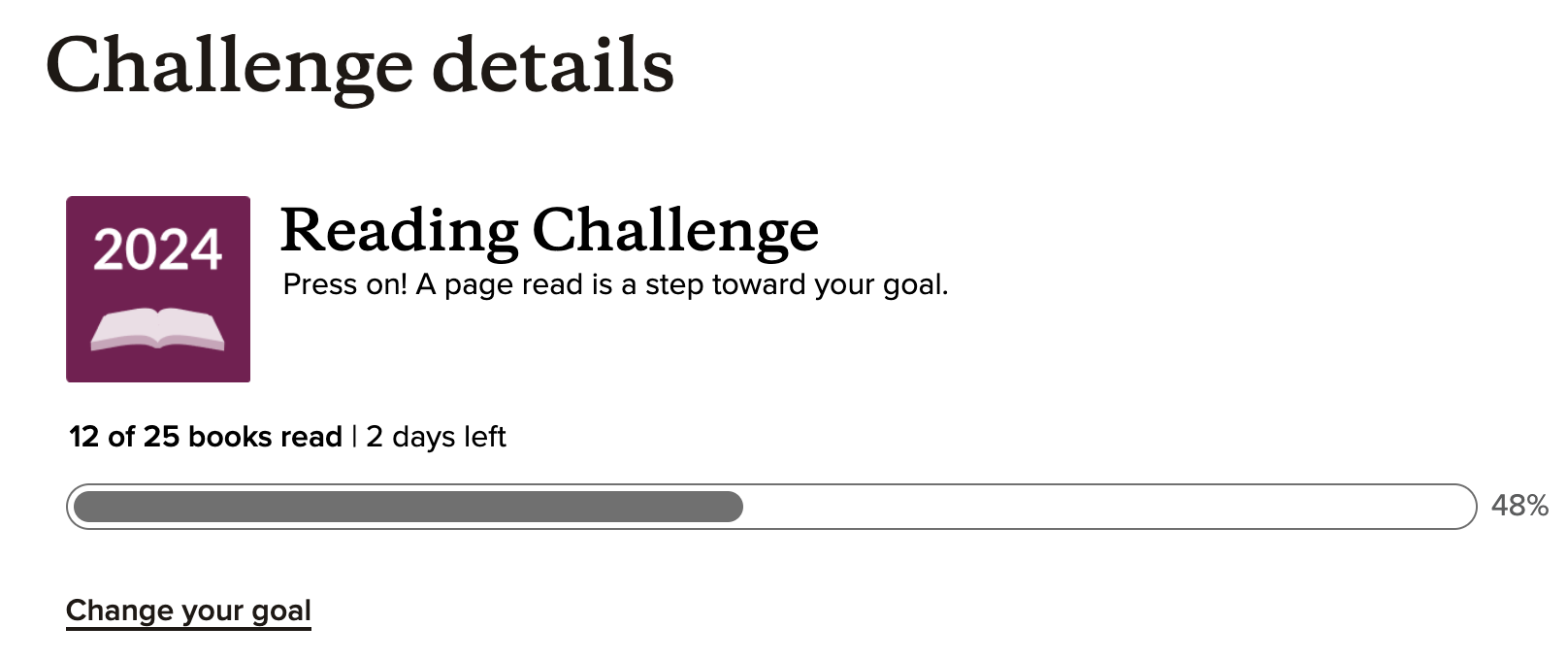80% of New Year Resolutions fail. Here is how to make them work.

New Year ahead!
According to a survey by YouGov about 60% of Germans make new year resolutions [1]. The other 40%, I assume, are sceptical. For a good reason. 80% of new year resolutions are estimated to fail [2].
However, I'm in favour of using the new year to readjust my life and to set goals accordingly. I am unimpressed by the statistics.
I spent some time, making sure my resolutions will be part of the other 20%. I condense everything in this article, so you can do it too.
Reasons New Year Resolutions fail
The first reason people fail to achieve their new year resolutions lies within their goal setting. On New Year's Eve people–often drunk, sometimes euphoric–envision their life changing magically. They lose a lot of weight. They become popular. They spent more time with the family. Having a captivating vision is a good start. Though, it's not a tangible goal yet.
The second reason is, that people don't have a proper plan to execute on their goals. Trying to figure this out along the way is a sure way of losing track. While we are motivated setting those goals, we will be busy and unmotivated acting on them during the year.
Here is how to deal with both.
Setting Goals
I assume you already have some sort of vision for things you want to change. If not, you can think of one project for every part of your life. This is arbitrary but you could pick one for Career, Health and Relationships.
My vision could be:
I want to write a blog that more people enjoy reading.
From there, we want to reverse-engineer our vision to become a concrete goal.
- Focus on input instead of outcome
The outcome is not within our control. Focus on what you have complete control over. You control your actions. The input. In this case, input, that could lead to more people enjoying reading this blog, probably boils down to three things.
First, writing articles at all.
Second, improving the visibility and distribution of those articles, so people know about them.
Third, improving the quality of my articles, so that a bigger portion of people who discover them like what they read and want more of it in their life.
For better clarity of this article, we will discuss the following steps with the third part as an exemplar. We are now at:
I want to improve the quality of my articles.
- Define concrete Actions
This is within my control. Still, it’s too vague. Ask yourself: “What are concrete steps I can take to get there?”.
One way I want to provide value with my articles is by curating information that is interesting and helpful to the reader.
A pre-assumption here is that I have valuable things to share. I intend to accomplish that by putting myself on a high information diet.
I want an important part of that diet to consist of reading books. Thus, a concrete action could be reading 48 books a year–could be any other number but this one works well with my example.
I will read 48 books in 2025.
- Plan in Quarters
One year is too long for me. I find it difficult to predict what my life will look like in one month. Let alone a whole year. I am most comfortable setting goals for the next 3 months. Then I readjust my goals. This would leave us at:
I will read 12 books until the 31st of march
- Leave room for failure
Plans never work out the way we intend them to do. I have plenty of other things to do than reading. Things could get in the way. To account for that, I plan a 25% margin of safety–again arbitrary, set what you feel comfortable with. Finally, we arrive at:
I will read 9 books until the 31st of march
We now have a concrete goal, that we are in control of, leaving room for failure. Write it down to revisit it regularly.
Building Systems
We are now probably already better off than most people. Still, thinking of that 80% failure rate for new year resolutions, we leave nothing to chance.
We live a busy life. If achieving our goal depends on us, thinking about it all the time, we are prone to fail. We want to build a system around our goal, to automate the process to get there.
- Establish a Habit
Break the action required to achieve your quarterly goal down to an everyday action, that can become a habit.
We want a system that makes us read at least 9 books a quarter. To have room for failure, we need to add our margin of safety on top again. Thus, we want a system that makes us read 12 books every 3 months.
The average book has 275 pages. That's 40 pages a day. A page fits around 500 words. Assuming the average reading speed of 300 wpm, that's a bit more than one hour of reading every day. The habit we are trying to establish therefore is:
reading an hour a day
- Remove friction
Think of precautions, that you can take, to limit the reasons for you to not stick to your habit.
Now, reading an hour every day is way harder than it sounds. To make this more attainable, I set the following rules:
I don't need to read the book from start to finish. I only care about understanding the topic featured. Furthermore, I can read multiple books at a time. Audiobooks also count.
To limit the friction finding the right book, I create a list of books in advance.
- The 2-day rule
We accounted for some failure. If you miss one day, that's fine. Just give it your all the next time, to not fall out of habit.
Track and adjust
What you measure is what you control. Figure out a way to track your progress. If you want to lose weight, you might want to track calories and weigh yourself once a week.
For my reading habit, I use Goodreads. The app allows me to set a reading goal. I can then visit my reading list and capture books I read. The app then shows me how much of my reading goal I already achieved.
If your progress is not matching your goal, you might adjust the process or the goal.

Desiring is fine
If you have set the right goal, broke it down to concrete action, tried to form a habit, removed all the friction you could and still cannot get yourself to work towards your goal…
Congratulations! You now figured out, you don't really want that. All this stuff is not some sort of sexy productivity system that allows you to eat the cake and have it too.
Since you are already living 24 hours a day, every change you implement is a trade-off. Often we like the idea of a certain achievement, but not the sacrifice that comes with the lifestyle that is required to get there.
Be aware, it's OK for many dreams to just stay dreams. Things we desire. Don't betray yourself then by saying, “This year is the year!”. Focus on things that are so important to you that you readily take the sacrifices.
This is it for this year! Until 2025.